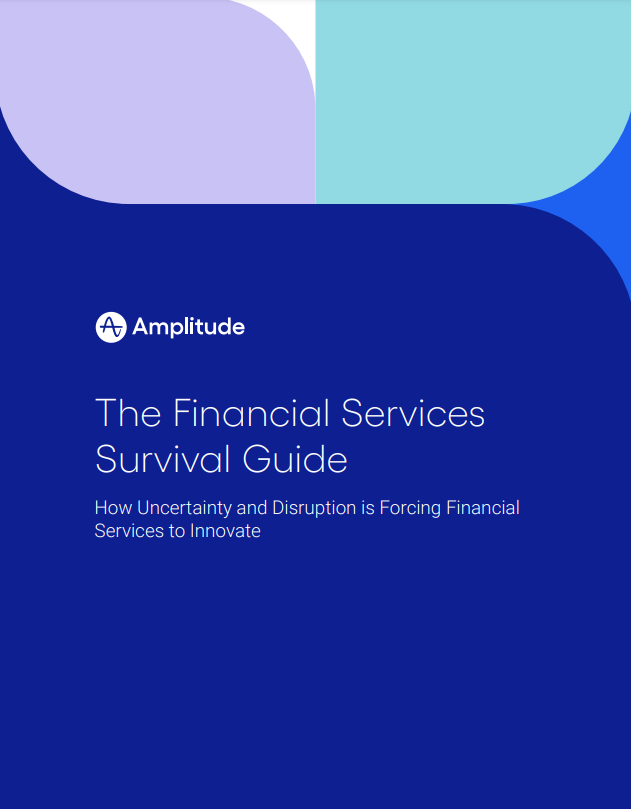UK crypto fraud soars 32% to $270 million
Businesses facing recession slump may see cryptocurrencies as a quick return on investment, but are increasingly at risk of fraud


Action Fraud, the UK's fraud and cyber crime reporting centre, has revealed a 32% increase in cryptocurrency fraud across the UK over the past year.
As reported in The Financial Times, Action Fraud stated that cryptocurrency scams have risen to £226 million ($273 million), representing a steep increase in such fraudulent activity across the period.
As the UK’s period of recession worsens, businesses and consumers may also see crypto as a route for quick returns on investments. In August, crypto bridge Binance claimed that rising inflation is driving people to invest in cryptocurrencies, citing examples of countries such as Argentina where many citizens have poured life savings into Bitcoin.
“Whenever times are tough, fraudsters always seek to prey on less experienced investors by promising huge returns," Hinesh Shah, forensic accountant at Pinsent Masons, told the Financial Times.
Businesses could fall victim to scams in which crypto investment in web3 tech, including metaverse technology, is encouraged and then made off with by fraudsters with no product delivered.
In October, the platform lost $586 million to a hacking attack, using a sophisticated method that allowed the threat actor to steal millions before Binance was able to detect any irregularity. Binance has been barred from operating in the UK since 2021, and the Financial Conduct Authority (FCA) has warned against investing money in non-FCA authorised crypto companies, as this will not be covered by its financial compensation or help from the financial ombudsman service in the case of fraud.
"Crypto fraud is best tackled, I think, by increasing public/investor understanding of cryptocurrency generally and what sort of scams are commonly being seen," Daniel Seely, financial services regulatory lawyer and crypto expert at Freeths, told IT Pro.
Sign up today and you will receive a free copy of our Future Focus 2025 report - the leading guidance on AI, cybersecurity and other IT challenges as per 700+ senior executives
"People need to know what the warning signs are, and the types of things that they should be looking out for (e.g. any red flags). People should be very cautious about anyone who offers to invest in crypto for them, and of anyone who asks for details of any of their ‘crypto keys’ or other such information.
"In terms of what the FCA and regulators can do, unfortunately they only have limited powers given that they do not formally regulate crypto (save for money laundering purposes), however they do post regular warnings on their website about firms who they believe are operating illegally and of scams that are being seen. Consumers can subscribe for daily ‘warning lists’, which may help people identify fraudsters."
Cryptocurrencies have long been associated with fraud and a lack of transparency or security, with notable figures in the tech sector such as John McAfee having been charged with conspiracy to commit fraud following his promotion of crypto such as ‘Dogecoin’.
RELATED RESOURCE

The financial services survival guide
How uncertainty and disruption is forcing financial services to innovate
Despite this, the purported security benefits of the blockchain, as well as the potential for cryptographically-secured data to be used for speeding up internal transactions, have led to some arguing that it has a strong business case. Some of the sector’s largest firms continue to register their confidence in the technology, and in October, Google Cloud partnered with Coinbase to allow enterprise customers to pay for cloud services using a number of popular cryptocurrencies.
The FCA has stated its interest in crypto regulation, although this cannot be brought in by the regulatory body on its own. In 2021, the FCA warned those buying cryptocurrency that they “should be prepared to lose all their money”, citing the extreme volatility and risks of the system, and has entered into an agreement with Google that will ensure crypto companies seeking to advertise on Google’s search platform have first been given FCA certification.
Financial regulators and governments have become increasingly involved in the oversight of crypto, and are likely to increase their hold over the system that has long supported illegal activity through its general lack of centralised oversight. In September, the US government participated in the seizure of $30 million worth of cryptocurrency from North Korea backed threat group Lazarus, though this was just 10% of a $620 million stolen from gaming firm Sky Mavis.

Rory Bathgate is Features and Multimedia Editor at ITPro, overseeing all in-depth content and case studies. He can also be found co-hosting the ITPro Podcast with Jane McCallion, swapping a keyboard for a microphone to discuss the latest learnings with thought leaders from across the tech sector.
In his free time, Rory enjoys photography, video editing, and good science fiction. After graduating from the University of Kent with a BA in English and American Literature, Rory undertook an MA in Eighteenth-Century Studies at King’s College London. He joined ITPro in 2022 as a graduate, following four years in student journalism. You can contact Rory at rory.bathgate@futurenet.com or on LinkedIn.
-
 Nationwide forges closer ties with AWS in cloud transformation push
Nationwide forges closer ties with AWS in cloud transformation pushNews The building society is “consolidating and modernizing” cloud infrastructure and focusing heavily on internal skills development
-
 Finance and security leaders are odds over cyber priorities, and it’s harming enterprises
Finance and security leaders are odds over cyber priorities, and it’s harming enterprisesNews Poor relations between the departments can be solved by CISOs talking in a language CFOs understand
-
 How AI is reshaping the role of spreadsheets in accounting
How AI is reshaping the role of spreadsheets in accountingIndustry insights Modernizing spreadsheets can enable secure and AI-ready accounting and finance functions
-
 Implementation and atychiphobia: helping SMEs overcome fear
Implementation and atychiphobia: helping SMEs overcome fearIndustry Insights Fear of failure stalls SME system upgrades, but resellers can calm concerns and build confidence
-
 HSBC says get back to the office or risk bonuses – and history shows it’s a tactic that might backfire
HSBC says get back to the office or risk bonuses – and history shows it’s a tactic that might backfireNews HSBC is the latest in a string of financial services firms hoping to tempt workers back to the office.
-
 Unlock the potential of LATAM’s booming crypto market
Unlock the potential of LATAM’s booming crypto marketwhitepaper Strategic pathways for crypto companies looking to expand into Latin America
-
 The customer knows best: How to ensure you’re delivering an effective digital payments experience
The customer knows best: How to ensure you’re delivering an effective digital payments experienceSponsored Tap into shifting customer trends with account information services that will give your business a competitive edge
-
 How AI is accelerating digital transformation in the banking industry
How AI is accelerating digital transformation in the banking industrySupported Content Gen AI, fraud detection, and chatbots are all transforming the financial industry, but the cloud is the foundation for it all

